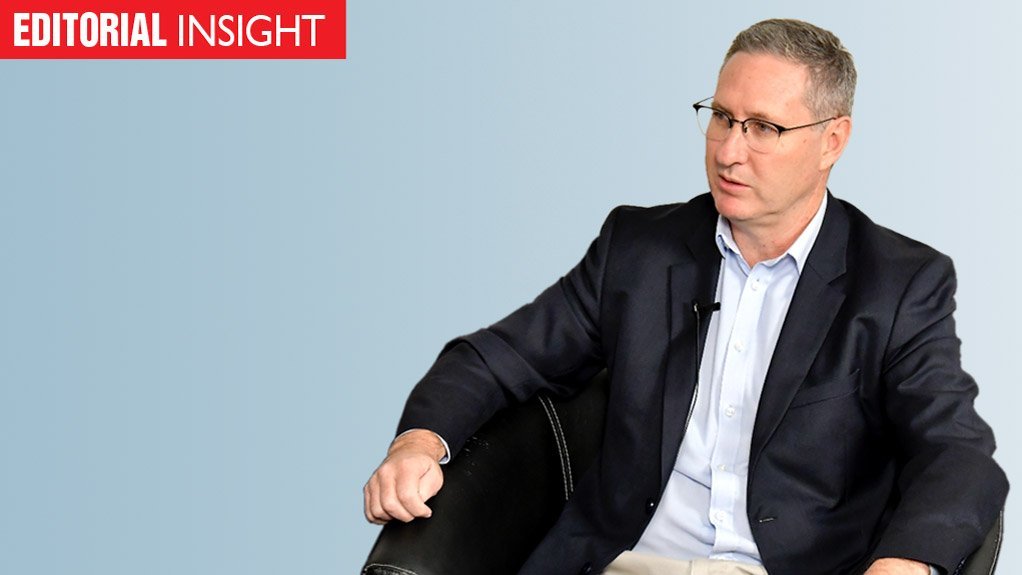The most recent bout of load-shedding not only reconfirmed South Africa’s debilitating overexposure to coal, but also this country’s growing vulnerability to diesel price spikes and supply squeezes.
As usual, the poor performance of the Eskom coal fleet lay at the heart of the problem. At times, the fleet’s energy availability factor (EAF) slumped to below 60%, a threshold breach that once seemed inconceivable and one that policymakers continue to pretend can be miraculously repaired.
Hopefully, the attention currently being given to maintenance planning and implementation will help stabilise the EAF at levels better than 60%. However, it is unlikely to recover to the 70%-type levels baked into the Integrated Resource Plan and will never again reach the 90% levels of Eskom’s surplus years. If it does, it will be because most of the worst performing units have been closed.
Policymakers need to get real about this factor, because unrealistic recovery assumptions are not only distorting the new-build picture but forcing Eskom managers and employees to expend unbelievable amounts of time, effort and resources on some causes that are arguably already lost.
Then, because of South Africa’s failure to build new (mostly renewables) capacity at a pace commensurate with the gap being created by a coal fleet that is basically decommissioning itself, Eskom’s only immediate system stabilisers are the diesel-fuelled open-cycle gas turbines (OCGTs).
Twenty of these units, most of them Eskom owned, were built relatively quickly after South Africa’s electricity crisis first became visible in the late noughties. They were designed primarily to get the country through, albeit expensively, the morning and evening peaks.
At times this month, all 20 units have been operating at full throttle and well beyond peak hours, which meant that about nine-million litres of diesel were being burnt daily at huge expense.
For the year to March 31, Eskom will have spent about R6-billion directly on diesel and R3-bilion indirectly through its purchase of electricity from the private Avon and Dedisa OCGT plants.
A similar level of expenditure has been assumed for the 2022/23 financial year, but that assumption has not yet factored in the price spike associated with Russia’s deadly invasion of Ukraine, let alone a possible supply squeeze.
Given Eskom’s financial predicament and the fact that the Energy Regulator has not approved anything like R6-billion a year for diesel, a point is sure to come when the utility is not in a position to use diesel to avoid load-shedding or reduce its intensity.
There are limited options in the near term to ditch this overreliance on coal and remove the geopolitical risk posed by diesel other than to find a way to stabilise the performance of the coal fleet.
However, the opportunity for a long-term reset towards environmental sustainability and energy independence is within grasp. Seizing it requires the political will to support a future premised on renewables, storage, including green hydrogen, and energy efficiency. Once in place, policy, finance and investment will follow.
EMAIL THIS ARTICLE SAVE THIS ARTICLE ARTICLE ENQUIRY
To subscribe email subscriptions@creamermedia.co.za or click here
To advertise email advertising@creamermedia.co.za or click here











